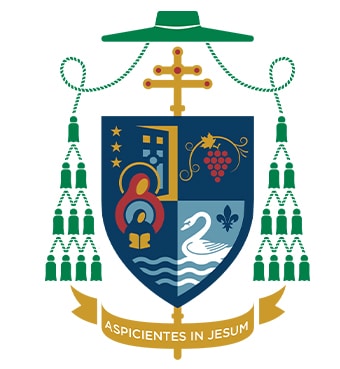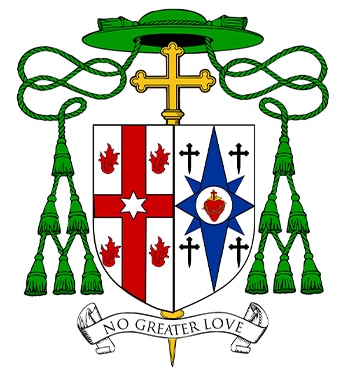Newman’s Three Ideas of a University

The basic idea of John Henry Newman’s great work, The Idea of a University, is one of those brilliant arguments that take your breath away for its simplicity and power. A university, he says, as its name implies, is a place of universal learning. Therefore, an institution that failed to teach about God, the central reality, the origin and end of everything else, whatever its other merits, simply could not be called a university. It would be a sham university, like a dodgy place that on principle excluded chemistry or physics. With devastating logic, Newman then traces out the disorders that must afflict an academic community that has plucked out its very heart.
It’s an audacious idea, that our most prestigious universities are, most of them, not genuine universities at all.
Trouble is, there’s a second and different idea in Newman’s work. He also describes a university as a place where the distinctive beauty of the intellect is imparted, just for its own sake:
There is a physical beauty and a moral: there is a beauty of person, there is a beauty of our moral being, which is natural virtue; and in like manner there is a beauty, there is a perfection, of the intellect. . . .The artist puts before him beauty of feature and form; the poet, beauty of mind; the preacher, the beauty of grace: then intellect too, I repeat, has its beauty, and it has those who aim at it. To open the mind, to correct it, to refine it, to enable it to know, and to digest, master, rule, and use its knowledge, to give it power over its own faculties, application, flexibility, method, critical exactness, sagacity, resource, address, eloquent expression, is an object as intelligible. . .as the cultivation of virtue, while, at the same time, it is absolutely distinct from it.
Click here for entire article.







